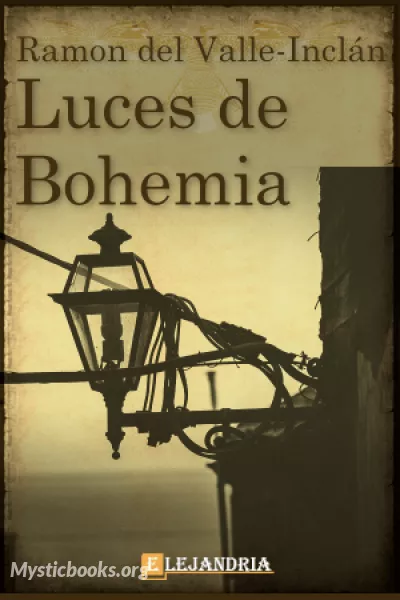
Luces de bohemia
'Luces de bohemia' Summary
"Luces de Bohemia" de Ramón del Valle-Inclán es una obra maestra de la literatura española que nos sumerge en el Madrid bohemio y decadente de principios del siglo XX. La historia gira en torno a Max Estrella, un poeta ciego y sufrido, y su compañero Don Latino de Hispalis, mientras deambulan por las calles nocturnas de la ciudad.
El conflicto central de la novela es la lucha de Max Estrella por sobrevivir en un mundo que no valora su genio artístico y su integridad. En su periplo por Madrid, Max se encuentra con una serie de personajes excéntricos y estrafalarios, que a menudo encarnan los vicios y defectos de la sociedad de la época. La obra arroja luz sobre la corrupción, la hipocresía y la decadencia de la sociedad española.
Valle-Inclán utiliza un estilo esperpéntico único, caracterizado por diálogos mordaces y situaciones surrealistas, para explorar estos temas. Su prosa es vívida y rica en metáforas, lo que añade una dimensión poética a la narración.
"Luces de Bohemia" es una crítica feroz y conmovedora de la España de su tiempo, pero también es una reflexión sobre la naturaleza humana y la búsqueda de significado en un mundo aparentemente indiferente. A través de su prosa magistral y personajes inolvidables, Valle-Inclán nos invita a cuestionar las apariencias y a explorar las profundidades de la noche madrileña.
Esta obra sigue siendo relevante hoy en día por su aguda crítica social y su exploración de la condición humana, y continúa cautivando a los lectores con su estilo literario único y provocador.
Book Details
Language
SpanishOriginal Language
SpanishPublished In
1920Authors
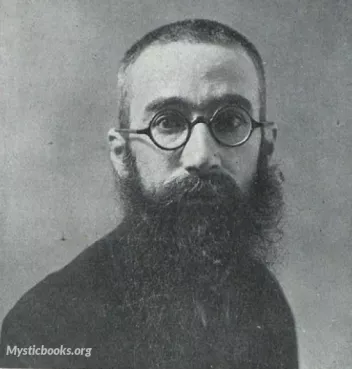
Ramón del Valle-Inclán
Spain
Ramón del Valle-Inclán (1866-1936) was a Spanish novelist, playwright, poet, and essayist. He is best known for his experimental novels and plays, which he wrote in a variety of styles, including mode...
Books by Ramón del Valle-InclánDownload eBooks
Listen/Download Audiobook
- Select Speed
Related books
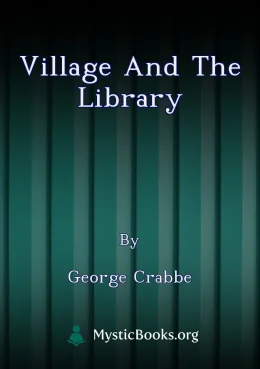
Village and The Library by George Crabbe
''The Village'' and ''The Library'' are two separate poems by George Crabbe. ''The Village'' presents a starkly realistic portrayal of English rural l...
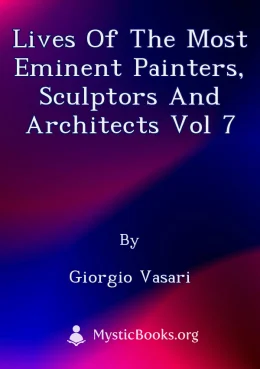
Lives of the Most Eminent Painters, Sculptors and Architects Vol 7 by Giorgio Vasari
Giorgio Vasari's "Lives of the Most Eminent Painters, Sculptors, and Architects" is a seminal work of art history. It provides detailed biographies o...
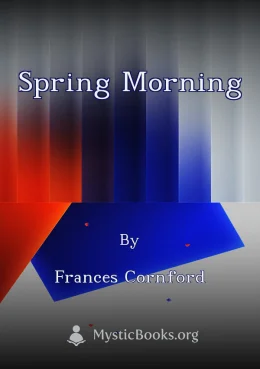
Spring Morning by Frances Cornford
Frances Cornford's "Spring Morning" is a collection of poetry that showcases her talent for witty observation and social commentary. While the book fe...
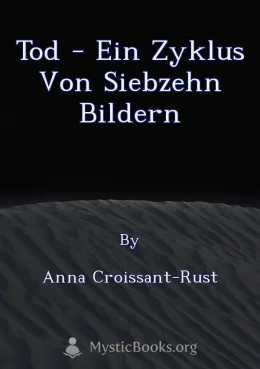
Tod - Ein Zyklus von siebzehn Bildern by Anna Croissant-Rust
In 17 Bildern entwirft Anna Croissant-Rust Geschichten, die vom Tod geprägt sind. Ihre genaue Beobachtungsfähigkeit und ihr reifer Schreibstil zeichne...
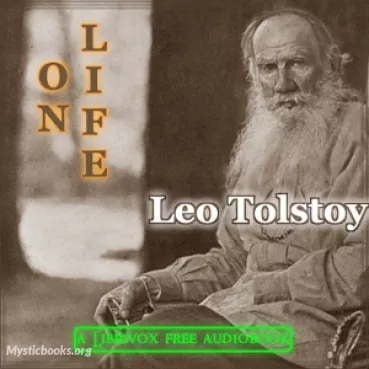
On Life by Leo Tolstoy
In Leo Tolstoy's remarkable collection of essays, On Life, readers are invited to embark on a philosophical journey that delves into the fundamental q...
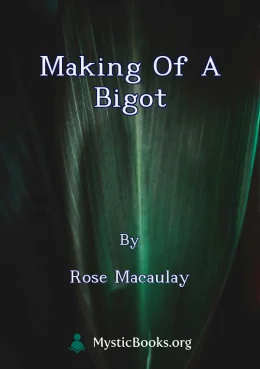
Making of a Bigot by Rose Macaulay
The Making of a Bigot follows the journey of Eddy Oliver, a young Cambridge University student, as he encounters various personalities who exert signi...
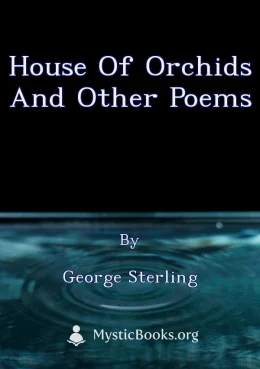
House of Orchids and Other Poems by George Sterling
'House of Orchids and Other Poems' showcases the artistry of George Sterling, a celebrated Californian poet whose work captures the essence of his hom...
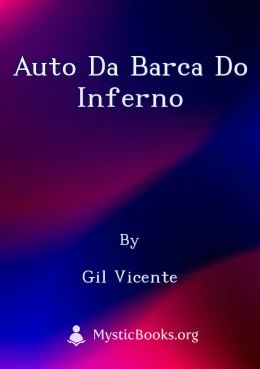
Auto da barca do inferno by Gil Vicente
Gil Vicente's *Auto da Barca do Inferno* is a Portuguese morality play that satirizes the vices and follies of humanity. The play depicts the arrival...
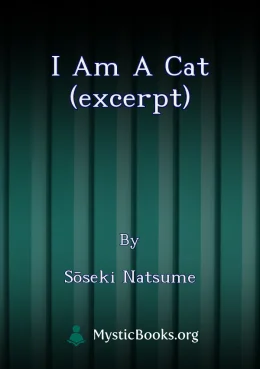
I Am A Cat (excerpt) by Sōseki Natsume
In "I Am a Cat", Natsume Sōseki presents a unique and insightful exploration of Japanese society through the eyes of a cynical yet perceptive feline n...
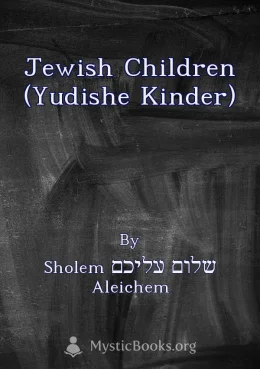
Jewish Children (Yudishe Kinder) by שלום עליכם Sholem Aleichem
Although written from a child's perspective, this is not a kids book but a series of funny, poignant, and sometimes disturbing stories about life in a...
Reviews for Luces de bohemia
No reviews posted or approved, yet...